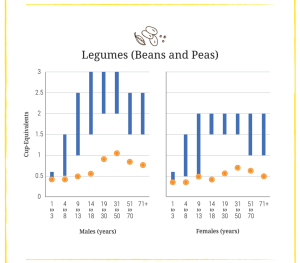
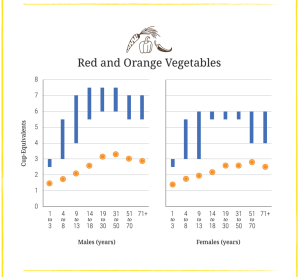
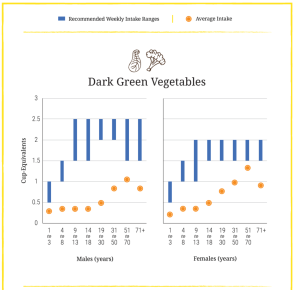
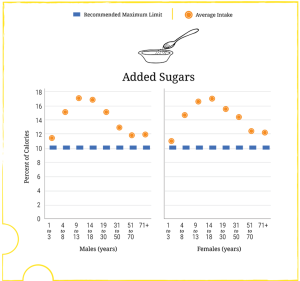
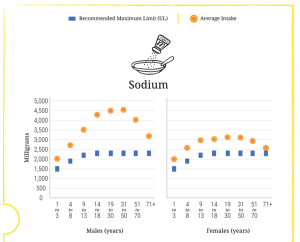 A top 10 list about food and its place in our lives. #nowweknow, we are obliged to do the right thing for children at PPS with all foods sold there:
A top 10 list about food and its place in our lives. #nowweknow, we are obliged to do the right thing for children at PPS with all foods sold there:
1. Food, at its best, is a source of deep pleasure and joy and community and vitality. It connects us to our own bodies, to each other and to the world around us. We teach others what we value and how we value them by what we provide for them to eat.
2. Costs of health care, especially for the epidemic of diet-related disease, are disabling our families and hobbling our economy;
3. It’s an equity issue: Direct costs of these ills is borne immediately by our most vulnerable families – those whose families qualify for free and reduced-price meals — but all of society pays;
4. For equity, every meal sold at PPS must address dietary deficits and overages in salt and sugar in school-age children as explained by the current Dietary Guidelines for Americans;
5. Avoid meat raised with antibiotics; the practice of using antibiotics to ward off infections in animals raised in abnormally close quarters fosters antibiotic resistance in the environment and has been linked to antibiotic resistance in people;
6. Plants-based foods, with beans and legumes replacing the majority (not all) of animal-product items, is cheaper and simple; lentils & beans are easy & delicious default;
7. We can further increase NSLP participation by ensuring deliciousness of these plants-based foods;
8. Greenhouse gas emissions are increasing at an alarming rate and a large contributor is animal agriculture;
9. Replacing most of the animal products in foods we eat helps us to work toward clean air, clean water, fertile soil and maintaining biodiversity
10. Avoid processed, refined and packaged items; beyond questionable artificial colorings, artificial flavorings and preservatives, and added sugars and salt, there’s the problem of tropical deforestation, a significant contributor to climate change driven in part by clearcutting to plant palm oil plantations; palm oil is ubiquitous in processed and packaged items.
